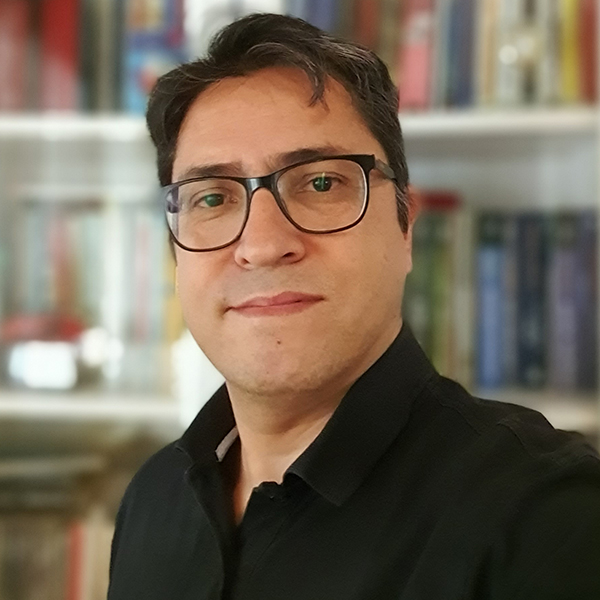ÇAĞLAR TÜKEL
Plans Prepared within the Scope of Combating Climate Change in İzmir and Mitigation Actions
Abstract
Although cities cover only a small part of the earth’s surface, they contain more than half of the world’s population, consume more than 70% of energy and cause a significant part of greenhouse gas emissions. Therefore, both as a cause and a victim, cities play an enormous role in combating climate change. The fight against climate change first started among governments, and local governments were involved in the struggle. In the last 20 years, intercity cooperation and city networks have been established, cities have contributed to the fight with a bottom-up understanding by learning from each other and in solidarity.
İzmir Metropolitan Municipality became a party to the “Covenant of Mayors-CoM” in 2015 with the decision of the city council and prepared a “Sustainable Energy Action Plan (SEAP)” in the following year. During this period, CoM updated its greenhouse gas reduction target as 40% reduction by 2030 and added the condition of including the climate adaptation plan. Izmir Metropolitan Municipality has signed the “Covenant of Mayors for Climate and Energy” in 2019 with the decision of the city council and renewed the commitment to 40% greenhouse gas reduction and adaptation plan given to CoM. Within the scope of the Sustainable Energy and Climate Change Action Plan (İzmir SECAP) prepared, actions related to mitigation formed within İzmir provincial borders and adaptation to the current climate change results have been put forward.
Izmir Metropolitan Municipality has completed the Green Cities Action Plan (Izmir GCAP), which was presented by the European Bank for Reconstruction and Development (EBRD) within the scope of the Green Cities Program and which Izmir is included for the first time in Turkey. In this plan, it is aimed to create actions for solutions to a comprehensive range of environmental problems, including water, air, soil and climate change.
The roadmap up to 2030 on creating a greener city and combating climate change with SECAP and GCAP, which were adopted and entered into force with the decision of the city council dated 16/12/2020 and prepared in accordance with the Izmir Metropolitan Municipality Strategic Plan (2020-2024).
According to the SECAP prepared, considering all greenhouse gas emission sources in İzmir, the total GHG emission for 2018 is 25,062,569 tons of CO2e. Per capita emission is 5.08 tons CO2e for all sectors and 3.31 tons of CO2e when the industry and aviation sectors are excluded. If the current situation continues, it is calculated in SECAP that this emission will reach 3.51 tons of CO2e in 2030. When İzmir realizes the 40% emission reduction, the emission amount per capita will decrease to 1.98 tons of CO2e.
İzmir Metropolitan Municipality conducts various projects and works to reduce greenhouse gas emissions in line with the targets it has set. Projects and investments are carried out in areas such as energy efficiency, energy management, use of renewable energy resources, development and promotion of rail systems in transportation, development of bicycle and pedestrian roads, and energy production from waste.
Biography
Çağlar Tükel was first graduated from mining engineering department at Dokuz Eylül University and completed MSc. Later, he completed Ph.D. from Queen’s University, Kingston, Canada. Along with Ph.D. program, he also completed computer science program at the same university. He worked at Izmir Metropolitan Municipality at IT department. He moved to Directorate of Climate Change and Clean Energy. He has been working on renewable energy, energy efficiency and other areas related to climate change, mitigation and adaptation. He also completed Local Governments program and continues Geographical Information Systems program at Anadolu University.
